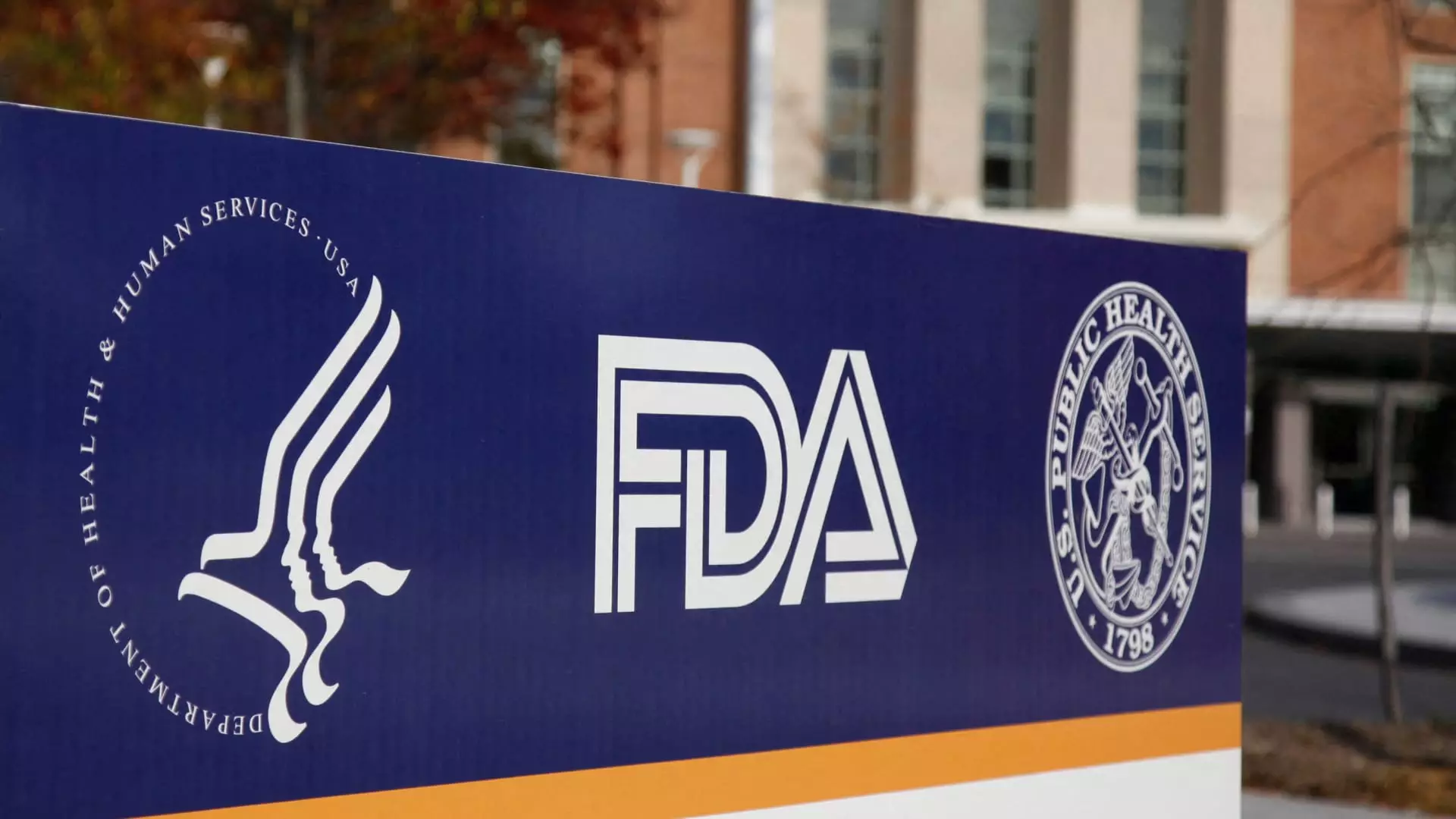The recent move by the Food and Drug Administration (FDA) to dismantle the Division of Learning and Organizational Development (DLOD) is a staggering blow to public health. As the agency’s critical resource for training professionals both within and beyond its walls, the elimination of DLOD is not merely a bureaucratic decision—it is a reckless abandonment of responsibility that raises significant concerns about the future of public health in the nation. Under the bombastic restructuring plan proposed by Robert F. Kennedy Jr., the FDA will lay off all members of DLOD, an action that will undoubtedly ripple through the healthcare community.
The dismantling of DLOD corresponds with broader layoffs across the Department of Health and Human Services (HHS), with an appalling total of 10,000 jobs being axed, including about 3,500 at the FDA alone. It appears that the administration is operating under a misguided notion of “streamlining operations” that could destabilize the very systems in place designed to ensure public health safety. At a time when vigilance and competency in health crises are more crucial than ever, this kind of reckless cut is alarming.
Impact on Healthcare Professionals
In a world where public health challenges are becoming increasingly complex, dismantling a division responsible for educating healthcare providers on essential issues like opioid safety, infectious diseases, and advancements in clinical trials is simply nonsensical. The DLOD served as a vital conduit for not just FDA staff but for external healthcare professionals, including physicians, nursing staff, and pharmacists. Without it, these professionals lose a platform essential for their ongoing education, potentially undermining patient care and safety.
With no staff left to provide credits or continuing education opportunities, professionals will now face a daunting self-directed learning environment. The resulting confusion and inefficiency could lead to grave consequences; healthcare providers may struggle to stay updated with the latest medical practices and regulatory standards. This isn’t just an operational hiccup—it’s a full-scale emergency waiting to unfold.
Public Health Safeguards Under Siege
Public health is not merely a sector; it is an essential service that safeguards communities. The FDA plays a pivotal role in regulating everything from food to pharmaceuticals, yet the cuts suggest a troubling trend of prioritizing fiscal austerity over the safety of the American people. The office responsible for continuing education, which was funded by user fees rather than taxpayer dollars, has been unceremoniously discarded. This raises pertinent questions about the rationale behind targeting such a vital unit when the administration seeks to highlight cost-saving measures.
The very fact that top veterinarians and public health experts involved in managing critical health incidents, such as bird flu outbreaks, are losing their positions is alarming. This indicates a willingness to jeopardize public safety in the name of reorganization, blurring the lines between necessary governmental functions and mere financial efficiency. With the stakes at public health being so high, this type of cost-cutting is not mere politics; it is a reckless gamble with the health of millions.
A Question of Accountability
As the FDA embarks on this misguided trajectory, it is imperative to question how accountability is maintained. Kennedy Jr.’s plans for reinstating some personnel have been met with skepticism; it remains ambiguous whether DLOD employees will be among those lucky enough to return. This uncertainty breeds a culture of instability that threatens the integrity of public health education.
Moreover, dialogue around the topic is notably absent. The FDA has not offered substantial communication regarding this sweeping change, leading to speculation and distrust. Employees, who are typically the backbone of these institutions, are left in the dark regarding their future, further compounding the issue of morale within the agency. An organization can only thrive when its staff is adequately trained, informed, and prepared to act in the best interest of public health.
The toll of such drastic cutbacks may take years to become fully apparent, but those in the trenches of public health must hold our leaders accountable for these decisions today. By dismantling essential training programs, we are not merely reducing headcounts; we are compromising the very fabric that protects citizens from health crises. In a time when the world is grappling with issues such as pandemics and drug safety, underfunding education and expertise in public health is tantamount to ignoring a ticking time bomb. This decision stands as a vivid testament to prioritizing ideology over public welfare—a strategy that could cost lives.

Leave a Reply